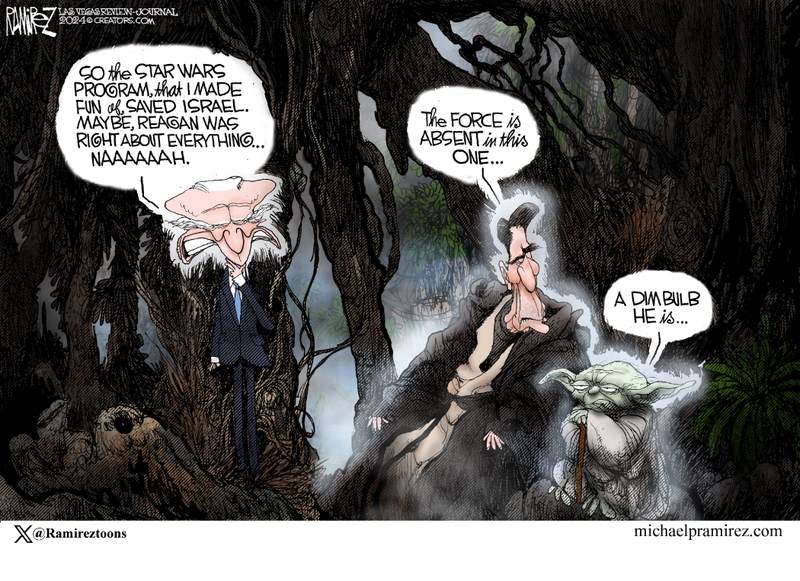Federal Judge Says Pennsylvania is Violating 2A Rights of Young Adults
While you have to be 21 years old to obtain a concealed carry license in Pennsylvania, adults under the age of 21 still have the ability to open carry at least on paper. But for several years that’s been an impossibility thanks to a quirk in state law that bars open carry during a state of emergency. Believe it or not, Pennsylvania has operated continuously under various declared states of emergencies since 2018, so the only option for those who want to carry a firearm is to acquire a concealed carry license; an impossibility for 18-,19-, and 20-year-olds.
The Second Amendment Foundation and the Firearms Policy Coalition, along with several young adults, challenged the status quo in federal court, and won their case at the district court level. The state of Pennsylvania appealed to the Third Circuit seeking a re-hearing, but the appellate court turned away their request last month. Now U.S. District Judge William S. Stickman, a Trump appointee, has enjoined the challenged statutes from being enforced.
In his order, Stickman not only informed the state that it can no longer prosecute young adults for openly carrying, even during a declared state of emergency, but local jurisdictions must begin accepting and processing concealed carry applications from adults under the age of 21; a resounding win for the 2A groups and gun owners throughout the state.
“Judge Stickman’s injunction has conferred the same Second Amendment rights upon 18-20-year-olds that those over 21 have had,” said Adam Kraut, SAF’s Executive Director. “Now 18-20-year-olds in Pennsylvania may apply for License to Carry Firearms and the state’s draconian transportation laws have been enjoined from enforcement. This is a victory for Second Amendment rights in PA.”
This victory comes on the heels of a decision last month by the Third U.S. Circuit Court of Appeals to deny a petition by the state for a rehearing in the case. The court had ruled that young adults could carry firearms openly during states of emergency, and now Judge Stickman has expanded that to include their ability to apply for carry licenses.
“This is a major win for gun rights in the Keystone State,” said SAF founder and Executive Vice President Alan M. Gottlieb. “We’re encouraged the courts are finally looking at this issue in terms of the constitutional rights of young adults.”
Absolutely, and that goes for the Third Circuit too, not just Judge Stickman’s excellent decision in favor of the plaintiffs. I’ve actually been pleasantly surprised to see some of the decisions that have come out of the appellate court since Bruen. In addition to denying the state a rehearing in Lara v. Evanchik, the appeals court also ruled in Range v. Garland that Bryan Range should not have been permanently disqualified from possessing a firearm simply because he pled guilty to a crime punishable by more than a year in prison several decades ago.
The DOJ has appealed Range’s case to the Supreme Court, but it remains to be seen whether Pennsylvania AG Michelle Henry will ask the nine justices to overturn the edict Stickman issued today. It’s a stinker of an issue, given the lack of a national tradition preventing young adults from accessing their Second Amendment rights, and at this point, the gun control lobby may want to keep this case away from SCOTUS rather than risk a nationwide precedent allowing young adults in all 50 states to keep and bear arms.
We saw that same strategy deployed against the right to carry when Illinois’s ban was struck down by the Seventh Circuit in 2012. Instead of appealing to the Supreme Court, Illinois Democrats instead chose to craft a “shall issue” carry bill; not because they suddenly saw the light, but because anti-gun activists convinced them to take one for the team instead of giving the Court the opportunity to definitely state that we the people have the right to bear arms as well as keep them. It took a full decade for the Court to finally get ahold of a carry case, but in the 2022 Bruen decision gun control activists saw their worst fears confirmed when a 6-3 majority ruled New York’s “may issue” laws unconstitutional.
We’re now arguing over the scope of the right to carry, but the gun control groups still have a vested interest in stalling SCOTUS from hearing cases where the law in question is so clearly contrary to the “history, text, and tradition” test laid out in Bruen. I wouldn’t be surprised at all to see Henry quietly stop defending the under-21 carry ban, but sooner or later this issue will get to the High Court… and I’m confident that once again anti-gun activists are going to be bitterly disappointed by what the majority has to say.


